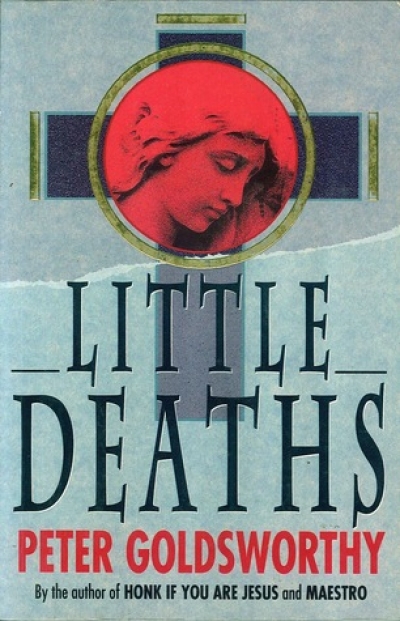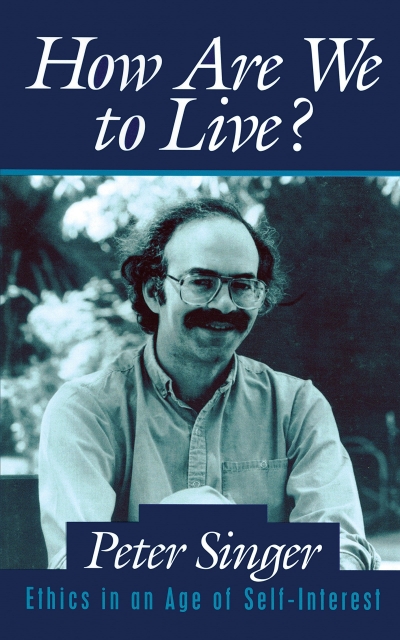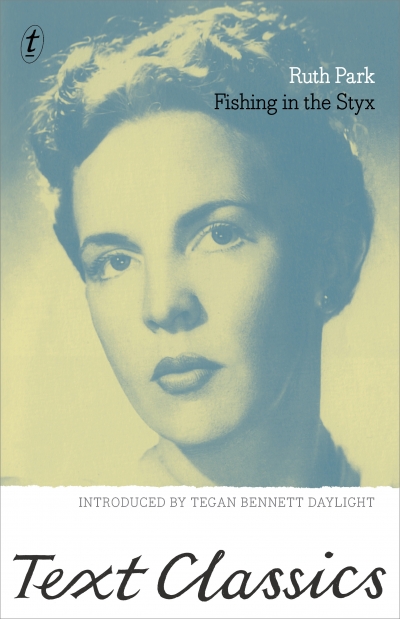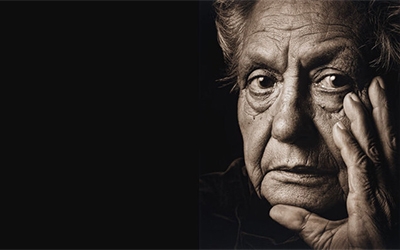Archive
How Are We To Live?: Ethics in an age of self-interest by Peter Singer
Despite the importance of her poetry and prose, Oodgeroo’s experiences were much more than a catalogue of achievements in European terms. Her life, often hard fought, was one of enjoyment as well as pain, of laughter as well as sorrow. Oodgeroo had a wonderful sense of humour; it was, like the title of Ruby Langford’s latest book, ‘real deadly’. She was always able to use this to advantage, to embarrass stuffy politicos, to get action, to explode stereotypes of Aboriginal people. At the same time, she related to young people better than anyone else I have ever met. She told stories, she entertained, she challenged and always threw down the gauntlet. I’ll never forget the day she was involved in a radio hook-up with children from all over Queensland and was coaching aspiring young poets over the phone: ‘That’s a great piece – now you keep writing! Never forget; you do what your teachers say, because knowledge is power. Now, go out and get some!’
... (read more)Catherine Kenneally: The first thing that strikes me is that there are now two books in a row with Christian symbols on the cover.
Peter Goldsworthy: Yes, well I didn’t have much say in the cover of that one. They showed it to me. Interestingly there was the novel, Honk if You Are Jesus and then a novella called Jesus Wants Me For a Sunbeam – probably more interesting to me because that’s my own work. I’m not sure what that means. Maybe that’s the mythical 1960s generation getting into middle age and starting to worry about death and the afterlife and all that stuff.
I’ve always been fascinated by those almost banal adolescent questions, why is there something rather than nothing. I’ve never fully outgrown them, and maybe you shouldn’t outgrow them. It is the basic question, why are we here?, and all those whys that continue to fascinate me.
... (read more)









